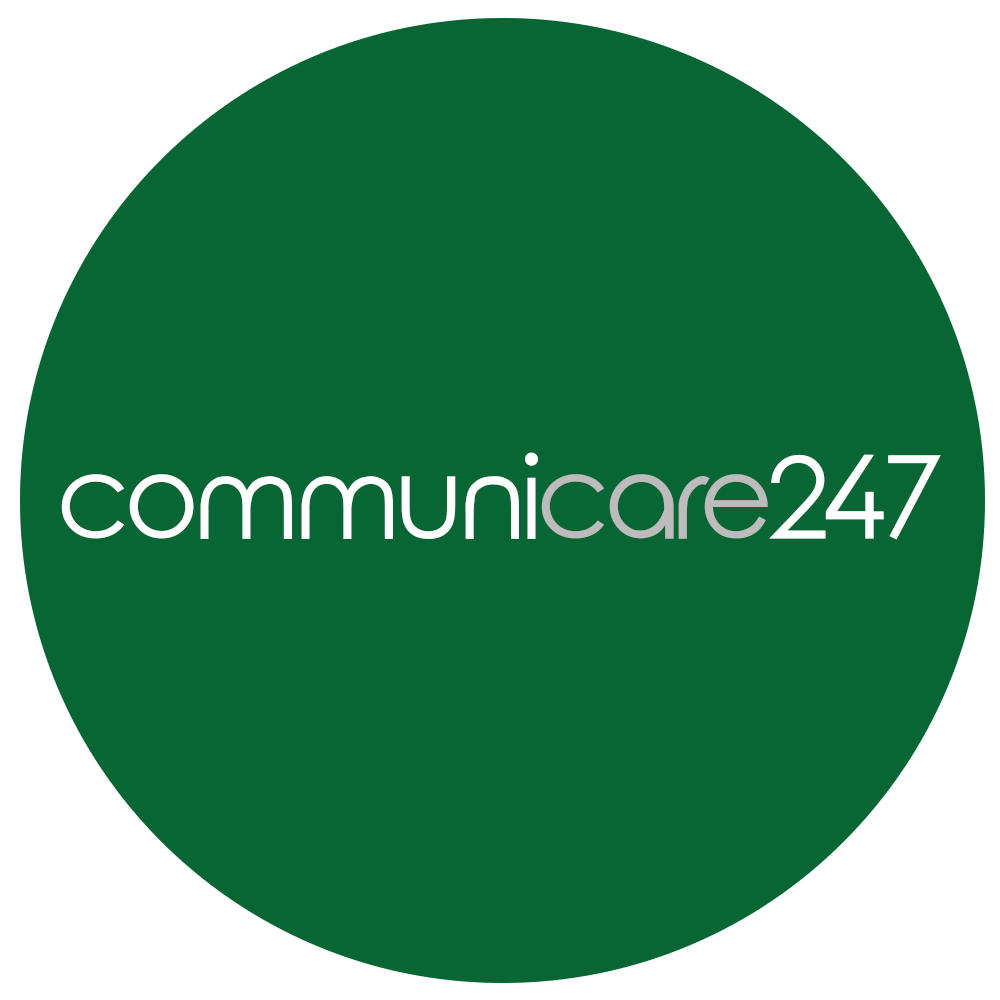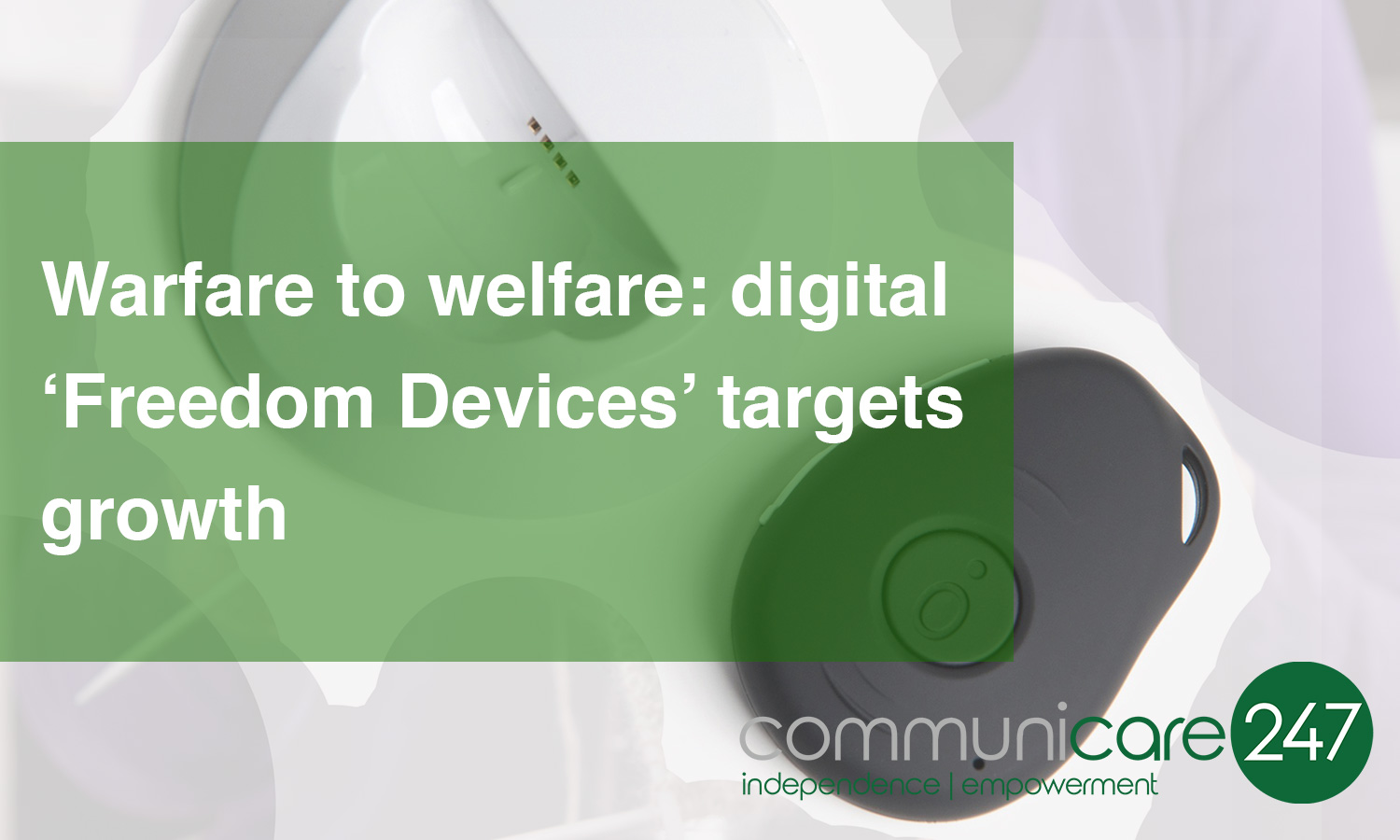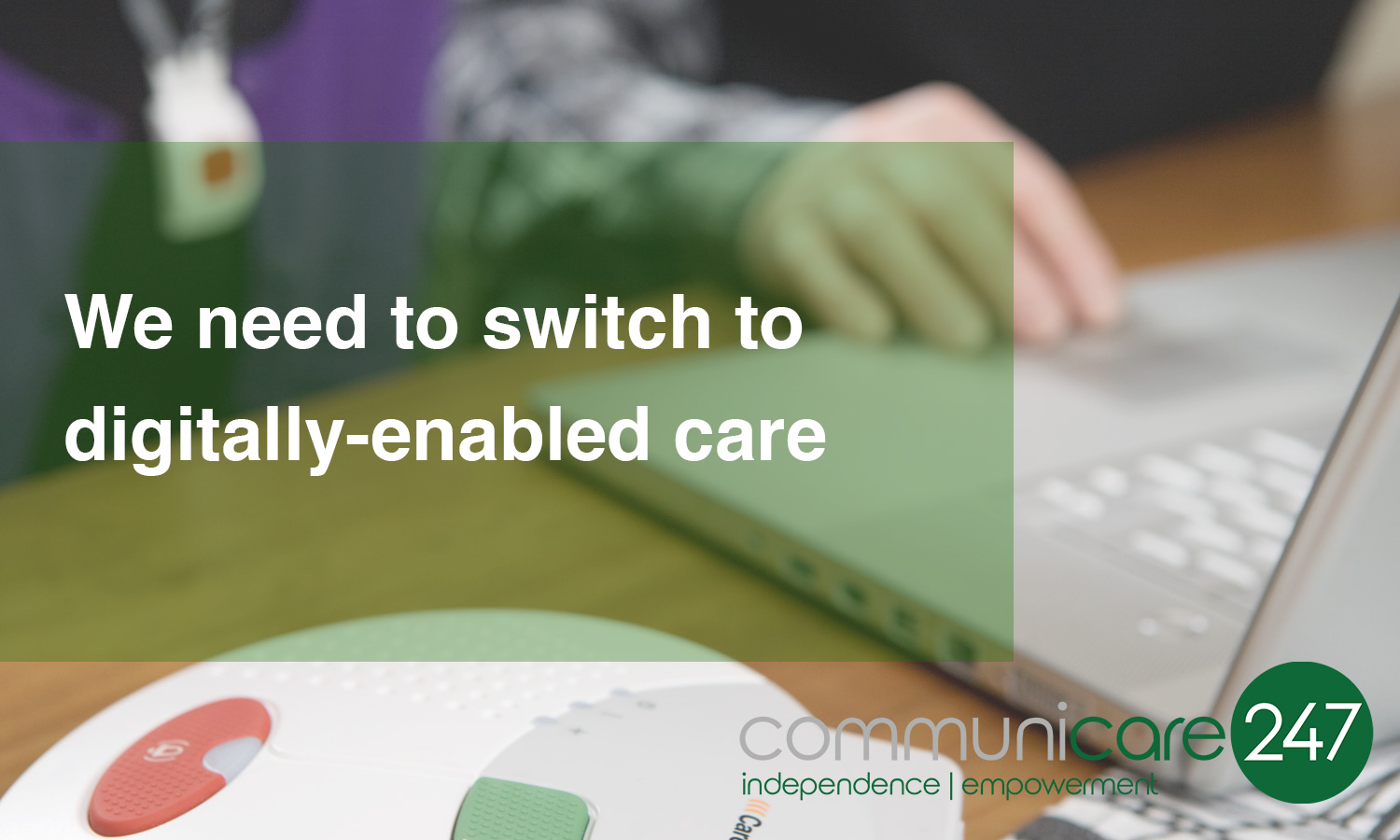A Scottish Government plan to deliver care at home for our citizens was welcomed by an industry leader who called for urgent action now that a digital strategy has been agreed.
Tom Morton, CEO of Communicare247, said the government’s commitment to digital telecare services in Scotland would deliver significant improvements to health and social care, such as a reduction in delayed discharge from hospitals and help to ensure our citizens will be able to remain living independently in their homes for as long as possible.
But he said the government needs to remain focussed so that 160,000 users of telecare in Scotland continue to be supported by the service which is being rendered obsolete by changes to the UK telephone network.
The ‘Scotland’s Digital Health and Care Strategy’ sets out a Scottish Government pledge to “ensure that social care systems are fit for the future… and support the significant impact of the impending switch over of the UK’s telephony system to a digital network and its impact on analogue telecare services”.
BT will soon start switching the UK’s analogue telephone network to a fully digital network. Work commencing in August 2018 is expected to be completed by 2025. However other telecom providers have already begun the journey. Scotland’s 32 local authorities and 22 alarm receiving centres will need to be fully adapted to the digital network when the analogue system is shut off.
However, some operators of alarm receiving centres which answer distress signals from telecare users are already experiencing spikes in rates of call failures, which are being blamed on network incompatibility.
Tom Morton, who founded digital telecare company Communicare247 in Scotland over ten years ago, said that local authorities have less time than they think to put in place the technology and finance required to deliver digital telecare services.
He said: “There are 160,000 telecare users in Scotland. The budget pressures for local authorities and care providers mean that they cannot achieve transition within the deadline unless Government acts to give a clear direction.
“Existing budget spend for analogue services, which are effectively rendered obsolete by this announcement, means that most councils will take up to nine years to transition the existing users over to a digital service. However the Government also has aspirations to increase the deployment of telecare.
“Meanwhile, between autumn 2018 and 2025, large swathes of the UK will be switched affecting up to 1.7m telecare users. Ofcom has warned of their concerns for the impact to social alarm service users.
“The Telecare Services Association is leading the discussions and attempting to raise awareness, but any change needs to be driven at the local service provider level – the council.
“Given the budget challenges, and the closing deadline, and the increasing risk which is evidenced by reports of alarm call handling failures, it is up to the Government to provide clear guidance for a rapid change to safeguard our citizens.
“The Digital Health and Care Strategy is an excellent first step as it fully embraces possibilities that digital telecare services will provide for citizens. It paves the way for sensor and monitoring technologies that enable people to live independently at home for longer. It is also offers an effective plan that will reduce pressure on the NHS to discharge people in a timely manner, as home support will be much easier to implement. Scotland now has a clear direction of travel when it comes to digital telecare but there is no room for deviation.”





